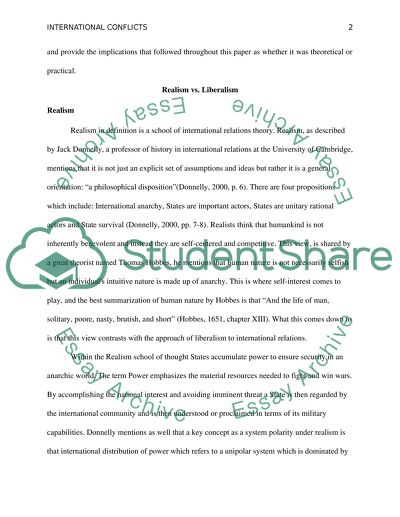Cite this document
(“Introduction to International Politics. International Conflicts Essay”, n.d.)
Introduction to International Politics. International Conflicts Essay. Retrieved from https://studentshare.org/politics/1702620-introduction-to-international-politics-international-conflicts
Introduction to International Politics. International Conflicts Essay. Retrieved from https://studentshare.org/politics/1702620-introduction-to-international-politics-international-conflicts
(Introduction to International Politics. International Conflicts Essay)
Introduction to International Politics. International Conflicts Essay. https://studentshare.org/politics/1702620-introduction-to-international-politics-international-conflicts.
Introduction to International Politics. International Conflicts Essay. https://studentshare.org/politics/1702620-introduction-to-international-politics-international-conflicts.
“Introduction to International Politics. International Conflicts Essay”, n.d. https://studentshare.org/politics/1702620-introduction-to-international-politics-international-conflicts.


